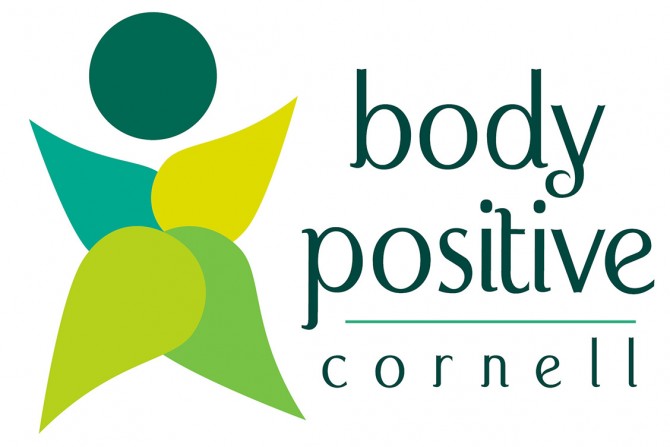Cornell program helps staffer overcome body image
In the fall of 2017, Brenna Fitzgerald, communications and outreach coordinator for the Cornell Southeast Asia Program, joined Body Positive Cornell (BPC), a peer-education initiative that fosters body acceptance supported by the Cornell Healthy Eating Program and the Skorton Center for Health Initiatives.
A ballet dancer in her youth, Fitzgerald fell into poor eating habits as the quest for body perfection overwhelmed her.
“I came to Body Positive with a lot of body negative thinking,” Fitzgerald said. “Growing up in the ballet world with tight leotards and walls of mirrors, I would often look at and criticize my body. Ballet is founded on a certain precision – soft arms, pointed toes, crisp and fluid movement from one pose to the other. Striving for this unattainable perfection, I lost connection with and respect for my body, a severing that led to disordered eating habits that I have spent most of my adult life trying to heal.
“I joined Body Positive,” she said, “hoping to deepen this healing, learn to appreciate my body with all its imperfections, and connect with others on a similar path.”
Fitzgerald said she was nervous when she walked into the first session of BPC, but “as more and more women trickled in – all shapes and sizes – I realized I was not alone. After we went around the room that first day and explained why we came, I realized that I had found the right community for healing my relationship to my body and to myself.”
According to studies cited by the National Eating Disorders Association, 40 to 60 percent of girls ages 6-12 are concerned about their weight or about becoming too fat, a concern that endures through life.
Developed in partnership with The Body Positive – the nationwide program founded in 1996 by educator Connie Sobczak and psychotherapist Elizabeth Scott – Body Positive Cornell promotes holistic wellness practices that increase physical, mental and emotional health using a weight-neutral, self-empowerment model. This model examines the underlying causes of eating disorders and other unhealthy eating behaviors, including the ways a person’s size influences how they are perceived and treated.
A couple of sessions into the eight-week BPC program, participants were asked to draw a “body tree.”
“I still have my drawing in thick red marker near my desk – roots, a trunk, and leaves – symbolizing how I came to hate my body, all the external influences and messages from the media that condoned this body shaming, and how I am trying to grow a new relationship to my body founded on acceptance, patience, compassion and pleasure,” Fitzgerald said. “I left that session, and every session following, more and more open, more and more empowered.”
This past fall, Fitzgerald co-facilitated her first BPC program for Cornell employees with colleague Julia Leonard, who had been a facilitator when Fitzgerald was a participant a year earlier.
“Actively engaging with this curriculum and seeing profound transformation in my Cornell colleague participants solidified my commitment to this program,” Fitzgerald said. “I would encourage anyone to join this supportive, inclusive and powerful community of people working to shift the social and psychological conditions that prevent experiences of healthy embodiment.”
Media Contact
Get Cornell news delivered right to your inbox.
Subscribe
